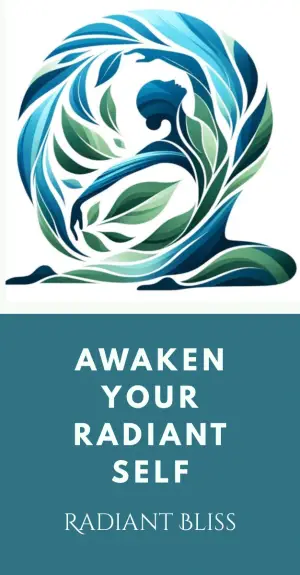Book Review: The Emperor of Gladness by Ocean Vuong
When I first heard about Ocean Vuong’s The Emperor of Gladness, I felt an undeniable pull to the narrative. Vuong is a literary force whose previous works have been refreshingly poignant and unflinchingly honest. The premise of a young man teetering on the brink of despair, only to be pulled back by an unexpected bond with an elderly woman, struck a chord in me. How often do we find salvation in the most unlikely places? I was eager to dive into Vuong’s world again, and I wasn’t disappointed.
Set against the backdrop of East Gladness, Connecticut, the story follows nineteen-year-old Hai, who stands on the edge of a bridge, contemplating his existence. Just when he thinks he’s going to take a leap into oblivion, he encounters Grazina, an older widow grappling with her own complexities, such as dementia. What unfolds is a beautifully crafted narrative about chosen family, resilience, and the healing power of human connection. The unlikely companionship between Hai and Grazina becomes a lifeline, each of them learning from the other’s experiences, trials, and triumphs. Their relationship isn’t just central to the plot; it’s a testament to how love often finds us in our darkest hours.
Vuong’s exploration of memory, identity, and the often haunting specters of loneliness is masterfully executed. His prose dances between lyrical beauty and raw emotion, leaving readers captivated by each page. One moment I would find myself absorbing his intricate observations on life, and the next, I’d be caught off-guard by a heart-wrenching revelation. The pacing of the narrative is deliberate, allowing each interaction and revelation to settle like a quiet afterthought, echoing in the reader’s mind.
A standout element is Vuong’s ability to express the complex emotional landscape of his characters without ever feeling contrived. There’s a scene where Hai reflects on the burdens of his past, saying, “To be remembered is to remain alive; to be forgotten is to live in shadows.” This quote lingered with me long after I closed the book. It encapsulates the fleeting nature of life, a recurring theme throughout the novel. Grazians’ afflictions bring forth a poignant consideration of memory and the grace that comes with it even as it begins to fade.
The Emperor of Gladness is not just about despair and loss; it’s equally about the hope and joy that arise from the ashes of pain. It teaches us that life, in all its complexity, is a web of relationships and shared stories. Readers who appreciate deeply introspective narratives filled with emotional depth and lyrical prose will find themselves enveloped in this tale. The book resonates profoundly with anyone who’s ever grappled with their own identity or sought connection amidst chaos.
After finishing the novel, I felt both an emotional catharsis and a renewed appreciation for the fragility of life. Vuong’s storytelling leaves an indelible mark; it’s a reminder of the transformative power of empathy and the importance of forging connections, especially on the fringes of society. The Emperor of Gladness is a heartfelt invitation to embrace our vulnerabilities and the relationships that define us.
If you’re drawn to stories of resilience, connection, and the complex beauty of human experience, I urge you to pick up this magnificent book. You may find, as I did, a mirror reflecting your own life’s journey in its pages.






